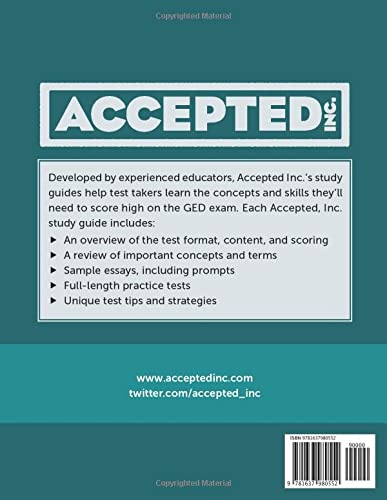Regulating Big Tech: Policy Responses to Digital Dominance
₱2,500.00
Product Description
Selected chapters from this book are published open access and free to read or download from Oxford Scholarship Online, https://oxford.universitypressscholarship.com/.
Since
Digital Dominance was published in 2018, a global consensus has emerged that technology platforms should be regulated. Governments from the United States to Australia have sought to reduce the power of these platforms and curtail the dominance of a few, yet regulatory responses remain
fragmented, with some focused solely on competition while others seek to address issues around harm, privacy, and freedom of expression.
Regulating Big Tech condenses the vibrant tech policy debate into a toolkit for the policy maker, legal expert, and academic seeking to address one of the key issues facing democracies today: platform dominance and its impact on society. Contributors explore elements of the toolkit through
comprehensive coverage of existing and future policy on data, antitrust, competition, freedom of expression, jurisdiction, fake news, elections, liability, and accountability, while also identifying potential policy impacts on global communication, user rights, public welfare, and economic activity.
With original chapters from leading academics and policy experts,
Regulating Big Tech sets out a policy framework that can address interlocking challenges of contemporary tech regulation and offer actionable solutions for our technological future.
Review
“Societies have finally woken up to the threat to democracy posed by the dominance of a small number of tech companies. But to date, the legal and legislative responses to the threat have been disjointed, unimaginative, and in some cases almost incoherent. The shortage of good ideas for bringing
digital technology under effective democratic control is palpable and worrying. By assembling a formidable group of thinkers on these questions, Tambini and Moore have not only created the kind of brain trust liberal democracies need at this critical time, but also a primer for policymakers
everywhere.” — John Naughton, Cambridge University and Observer columnist
“The threat to democracy posed by the concentration of power in digital media markets is one of the great challenges of our time. Regulating Big Tech has assembled ideas for change from some of the best thinkers in the world. It is essential reading for anyone wrestling with the topic.” — Ben
Scott, Executive Director, Reset
About the Author
Martin Moore is Director of the Centre for the Study of Media, Communication, and Power and a Senior Research Fellow at King’s College London. His research focuses on political communication during election and referendum campaigns, and on the civic power of technology platforms. He is the author of
Democracy Hacked (2016) and publishes frequently on media and politics.
Damian Tambini is Associate Professor and Distinguished Policy Fellow at the London School of Economics specialising in media and communications policy and law. He has served as an advisor and expert in numerous policymaking roles for the European Commission, the Council of Europe, the UK
Government, and the UK media regulator, Ofcom.











